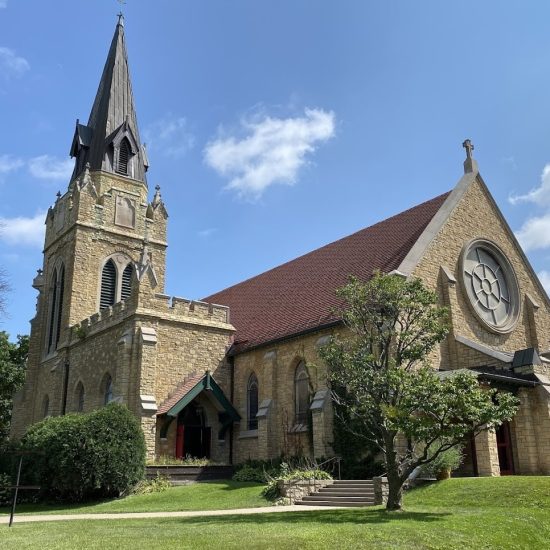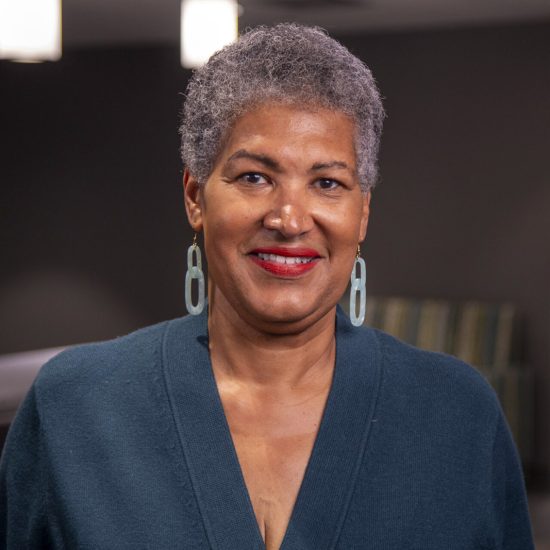SIOUX FALLS, S.D. — Dakota Baptists — not the North American Mission Board — made the ultimate decision to adopt changes in leadership structure and ministry approach.
For a few months, rumors have swirled that all five of the Dakota Baptist Convention's area missionaries (called directors of missions in some states) resigned after they learned NAMB's plans to focus on church planting efforts, with its resources to be directed to metropolitan areas across the country.
That is simply untrue, according to DBC Interim Executive Director Garvon Golden.
"Before the first of the year we were anticipating that NAMB was going to come to us and talk about moving our area missionaries to [become] church planter catalysts," he explained by phone Oct. 6.
Though area missionaries worked for the regional body and were assigned to assist the associations, NAMB funded 95 percent of their salaries.
"We determined the best way to respond," Golden said. Convention leaders and the area missionaries discussed the possibility of adopting the church-planting model. "They all agreed to make that transition," he said.
The convention's executive board and associations approved the move, and the transition was made by June 30. But while they agreed with the move, two missionaries gave up their positions for personal reasons. At 72, another missionary had already planned to retire but continues to serve voluntarily.
Golden, who had been area missionary for the southwest region, became the convention's interim executive director in June when Jim Hamilton resigned from the top post. Hamilton stepped down to direct a national church-starting network he had launched and to serve as pastor of a church he planted in Sioux Falls, S.D.
The eastern section area missionary became the convention's only church planting catalyst. The DBC plans to add two more this year, and NAMB will fund 95 percent of the salaries for those positions.
The change makes good stewardship sense, Golden said. The convention includes 94 congregations spread across the Dakotas, and some area missionaries were caring for only nine to 13 churches.
"The associations are deciding how they are going to do their work," Golden said. "I expect…they are going to thrive. It's an opportunity for leaders in the churches in the associations to step up."
The move "is going to cause us to examine what we are doing, to examine how we are doing it and to be better stewards…. We will rely on volunteers," he added. "I don't see that as a negative."
Golden pointed out that the two states are primarily rural. "The population density is spotty and spread out…. If we [in the Dakotas] need to tighten our belts to reach [the nation's] population centers…we are willing to do that…. This is what it means to be a cooperating Baptist," he said.
"Do we need resources? Yes," Golden noted. "But we are going to try to continue to be what God wants us to be. The only ones going to stop us from reaching the Dakotas is us….
"Yes, we have financial challenges but God is going to provide."






